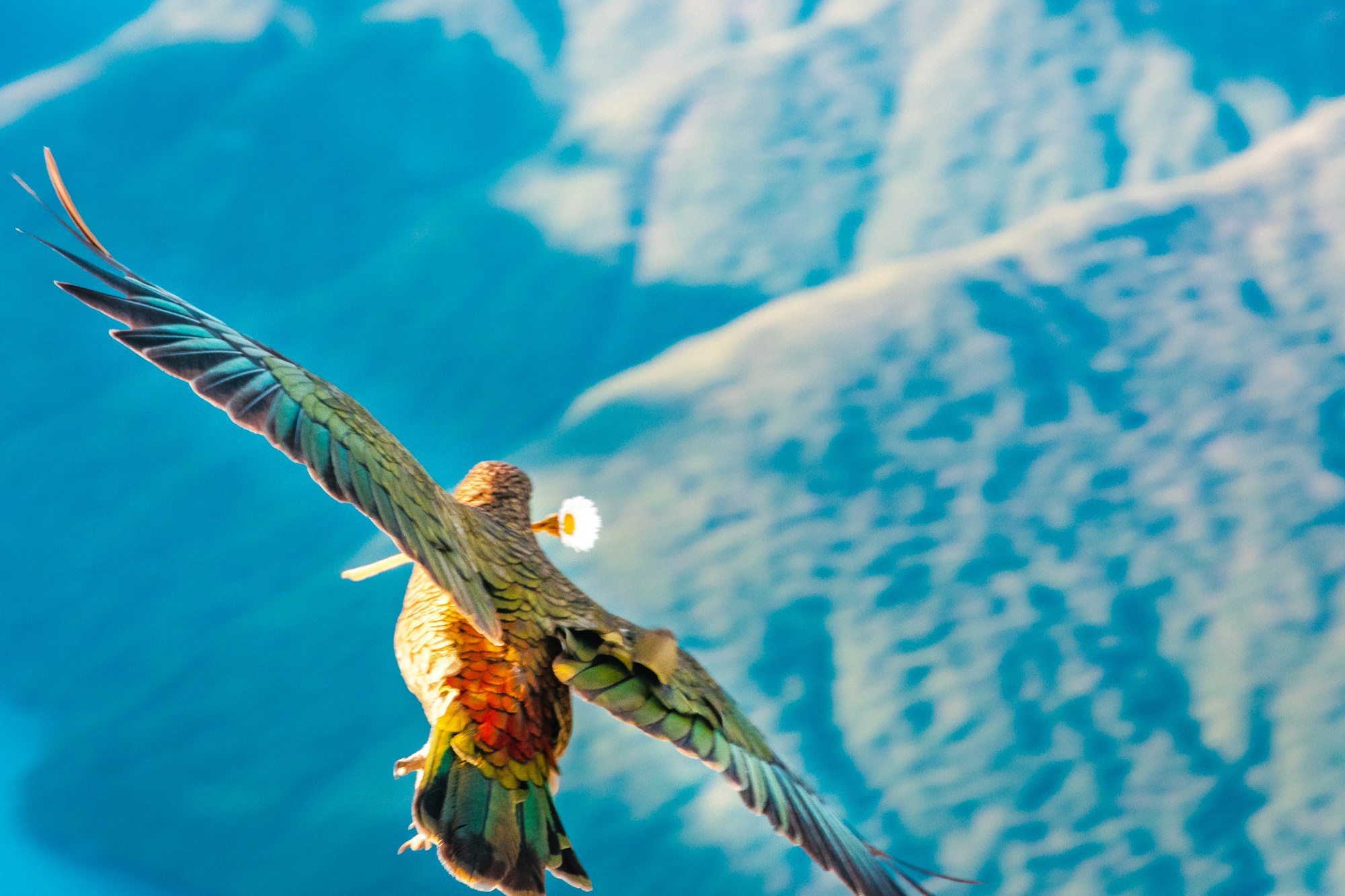Kea Culture & Traditions: Local History, Festivals, Customs

Kea Culture & Traditions
When visiting the charming island of Kea in Greece, it is essential to immerse yourself in the local culture and traditions to truly appreciate the beauty of this destination. Kea boasts a rich history and a vibrant community that takes pride in preserving its heritage.
Local History
The history of Kea dates back to ancient times, with evidence of human settlement on the island as early as the Neolithic period. Throughout the centuries, Kea has been influenced by various civilizations, including the Minoans, Mycenaeans, and Ancient Greeks. The island has a storied past, with each historical era leaving its mark on the local culture.
Festivals
One of the best ways to experience the local culture of Kea is by participating in its traditional festivals. These celebrations often involve music, dancing, and delicious food, providing visitors with a glimpse into the island's vibrant community spirit. Some of the most popular festivals on Kea include:
- Panagia Kastriani Festival: This religious festival takes place in August at the stunning monastery of Panagia Kastriani, perched on a hill overlooking the Aegean Sea. Visitors can enjoy traditional music, dancing, and local cuisine.
- Kea Summer Festival: Held in August, this cultural festival showcases performances by local artists, theatre productions, and art exhibits, creating a lively atmosphere for visitors to enjoy.
Customs
The people of Kea take great pride in their customs and traditions, which are deeply rooted in the island's history. When visiting Kea, it is important to respect local customs, such as greeting others with a friendly "Yassas" (hello) and participating in traditional activities like olive picking and wine making.
Many of the customs on Kea revolve around food, with locals preparing delicious dishes using fresh ingredients sourced from the island. Don't miss the opportunity to taste traditional specialties like souvlaki, keftedes (meatballs), and freshly caught seafood.
Local Attractions
Aside from its rich culture and traditions, Kea is also home to stunning natural beauty and fascinating historical sites. Be sure to explore attractions such as:
- Lion of Kea: A unique ancient sculpture carved into the rock face, believed to have been dedicated to the god Apollo.
- Archaeological Museum of Kea: Learn more about the island's history with a visit to this museum, which houses artifacts from various periods of Kea's past.
- Agios Nikolaos Lighthouse: Enjoy panoramic views of the island from this historic lighthouse, located on the northern tip of Kea.
